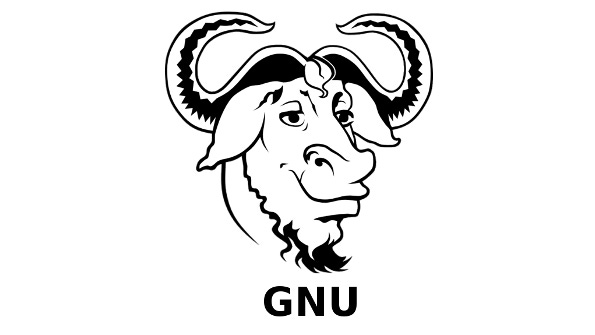The latest version of GNU HURD is out. If you're asking, "What is GNU HURD?" you're probably in good company. But as the open source kernel that was supposed to do what Linux ended up doing—provide the core for a cross-platform, Unix-like operating system whose code would be freely shared—the HURD is important. That it is still being actively developed three decades after its launch is worth remarking.

The latest version of GNU HURD is out. If you’re asking, “What is GNU HURD?” you’re probably in good company. But as the open source kernel that was supposed to do what Linux ended up doing—provide the core for a cross-platform, Unix-like operating system whose code would be freely shared—the HURD is important. That it is still being actively developed three decades after its launch is worth remarking.
The HURD was the kernel that Richard Stallman and other developers began writing in the 1980s to serve as the core of the operating system they aimed to build called GNU. Like Linux, HURD is designed to be the core of a Unix-like platform. Unlike Linux, HURD adopts a microkernel architecture, which some developers in the 1980s deemed superior to monolithic kernels, the alternative. (Even Linus Torvalds, who created the Linux kernel, wrote in 1992 that “microkernels are nicer,” despite his having adopted a monolithic design for Linux.)
Although the GNU programmers succeeded in building most of the development tools and other basic components they needed to create an operating system, they famously failed to bring the HURD kernel anywhere close to completion within the time frame they had originally envisioned. As a result, the GNU OS remained, for a while, something like a car without an engine: All the auxiliary parts were in place, but there was no kernel to hold them together and produce a system that was actually functional.
That all changed when Torvalds and a community of programmers working over the Internet began building the Linux kernel in the early 1990s. Linux provided the central missing piece that GNU lacked, leading to the introduction of the first distributions of “GNU/Linux”—a term that, to the consternation of some Free software purists, is no longer in widespread use. Most people today simply talk about “Linux distributions,” ignoring the bit about GNU’s role in helping to build the open source ecosystem.
Despite all of the above, HURD development continued even after it became clear that the Linux kernel was, practically speaking, a more viable alternative, and the HURD lives on today. Just this month, HURD developers rolled out version 0.6 of the software, which brought updates to a few tools included in the kernel and minor changes to the architecture of various of the servers that comprise HURD’s microkernel system.
Practically speaking, HURD 0.6 does not matter much at all for the open source ecosystem. Indeed, it does not even work on 64-bit machines yet. But the fact that the HURD developers are still churning out new code attests to the enormous diversity of the open source world, where even a project that basically failed twenty years ago can remain active as long as at least a few programmers are still interested in it.
About the Author(s)
You May Also Like


